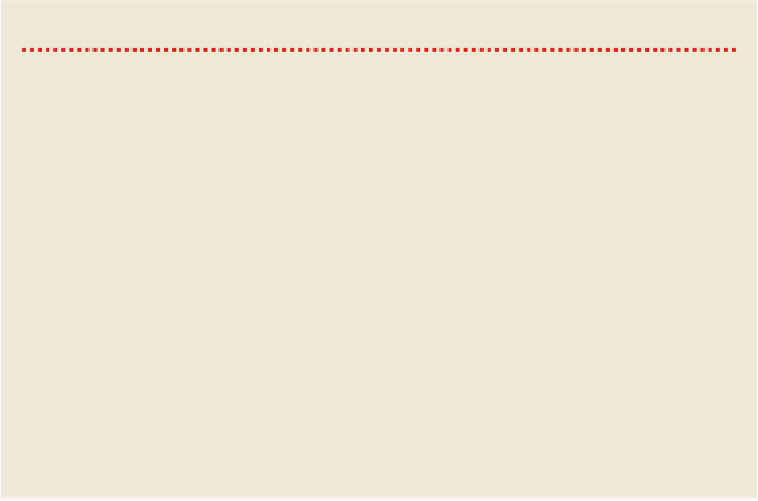Travel Reference
In-Depth Information
has run ahead faster than the culture has been able to accommodate, many Kuwaitis feel
their society has become cosseted and indulgent, leaving the younger generation with too
much time on their hands to wander off course.
Life in Kuwait has changed out of all recognition in the past decade: women work,
couples hold hands in public, taboo subjects find expression, and people spend money and
raise debts. Indeed, the galloping pace of change is proving a divisive factor in a country
of traditionally conservative people. It would be ironic if a society that had survived some
of the most sophisticated arsenal of the 20th century fell under the weight of its own shop-
ping malls.
GROWING A SOCIAL CONSCIENCE
Mindful of the pitfalls of a modern, affluent life, several eminent Kuwaitis have introduced initiatives to help the
young rediscover deeper, traditional values of self-discipline and caring for others. One such project,
Lothan
Youth Achievement Center
OFFLINE MAP
(Loyac; 2572 7399;
www.loyac.org
; Beit Lothan) , gives
the privileged youth of Kuwait City the opportunity to interact with poorer communities. Organisers find this kind
of community service helps young people channel their energies into positive, character-building activity. The co-
ordinator of Loyac's International Programs told us about the scheme and the contribution it is making.
Motivation in starting the project
After September 11, the founder, Fare'a al-Saqqaf, recognised one of the
problems leading to extremism was the lack of alternative activities to help keep the young gainfully occupied. To
address this, Loyac was designed to help secondary school children and college students to build their personalit-
ies, raise their morale and identify goals to help them become caring individuals within society.
Kinds of activities
Participants are involved in summer internships in companies, voluntary work experience,
global outreach, computer and language development, summer camps, performing arts and sporting activities.
Willing participants
Loyac's programs are fully booked and the message has spread to young people of all na-
tionalities across Kuwait. It apparently comes as a shock to many youngsters in Kuwait that there are people who
live quite different lives from themselves, without the benefit of wealth and modern convenience, but they are
keen to learn and to help in the community service projects Loyac runs both nationally and abroad.
Long-term benefits
The projects aim to foster the so-called '7 Habits', encompassing increased self-confidence,
self-esteem, greater control of life, and finding a reasonable life-work balance. They also stress the need to see
and experience life from other people's perspectives. By internalising these habits, youngsters develop grounded
personalities and life-long values of community service and the understanding of the needs of others.
Population
The last census, at the end of 2007, put Kuwait's population at 3.4 million. Of these, about
31% are Kuwaitis, many of Bedouin ancestry, and the remaining 69% are expats. After
liberation, the government announced that it would never again allow Kuwaitis to become
a minority in their own country, implying a target population of about 1.7 million. With an



